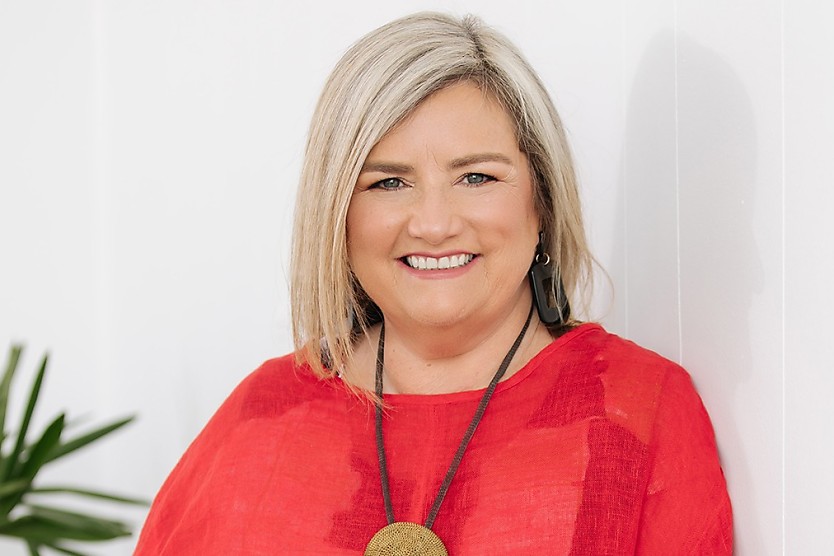
Donna McGeorge is a productivity coach and author of the It’s About Time series. She joined The HR Leader to discuss areas which leaders often struggle with, and how to manage expectations around how leaders spend time.
Shandel McAuliffe, editor at HR Leader: “What do leaders often forget to make time for?”
Donna McGeorge: “They forget the good things like engaging with their people [and giving themselves] time to make sure that they're making the right decisions. They get caught up in their work [and] they forget just to stop, pause, think and take stock of where they're at. They often put a lot more time and energy into people who aren't performing that well when really, they should be putting as much, if not more attention on those that are doing well.”
“The other thing is that they're always running and playing catch-ups. I call it the activity horizon. Their activity horizon always seems to be just behind them. They're doing the things that we do yesterday or really urgent or really proximate versus, really thinking about ‘How do I push my activity horizon out?’,” said Ms McGeorge.
She added: “So, I'm working on stuff that's coming down the pipeline and I'm getting ahead of the urgency curve and making space and time for that. The other thing is they frequently forget to make time for themselves. Not just self-care, [but] making sure that they're knocking off at a reasonable time of the day. That they're not taking work home in the evenings…I think you can do really well at work without having to work ridiculous hours.”
Editor: “Is it important to manage expectations from the beginning to avoid being overworked?”
Ms McGeorge: “People respond to what you teach them to respond to, and it doesn't take much to change it. I've got a mate who's super senior in one of the big accounting firms. She'd been working overseas and then came back to Australia [and] from the moment she got back, she let everyone know that at three o'clock every afternoon she stops for tea. No one judges her poorly, no one gives her a hard time. Everyone just accepts it. That's a really great boundary.”
She continued: “Recently, I was working with a client that was really struggling to start their day without a lot of interruptions. So, for the first two hours of their day, they would walk the floor. They would get out there with their [people] and talk to them and that's when they'd get all the questions. If someone was sick, they could make arrangements. Then the second two hours of their day, they said to their team: ‘I'm going to shut the door because that's when I need to put my head down.’ Within three days, their team had created pink and green post-it notes: green meant come on in, pink meant leave me alone. So, I don't think it takes much to set a boundary and stick with it. People are quite happy to operate within boundaries.”
The transcript of this podcast episode was recorded on 11 August 2022, and when quoted above, was slightly edited for publishing purposes. The full conversation with Donna McGeorge is below.
Jack Campbell
Jack is the editor at HR Leader.










